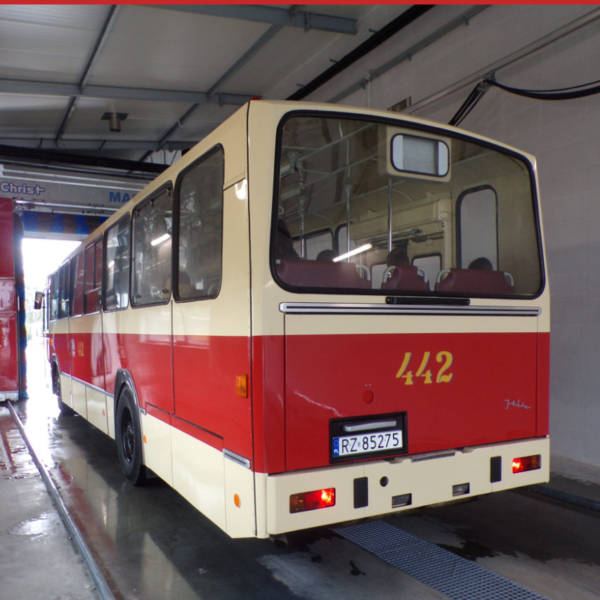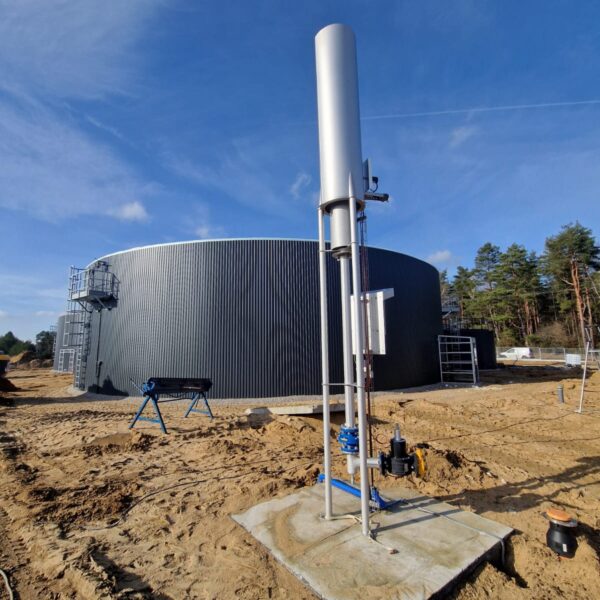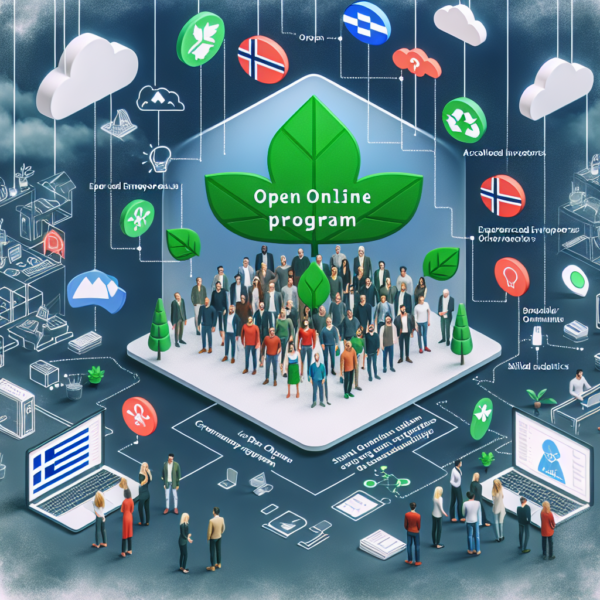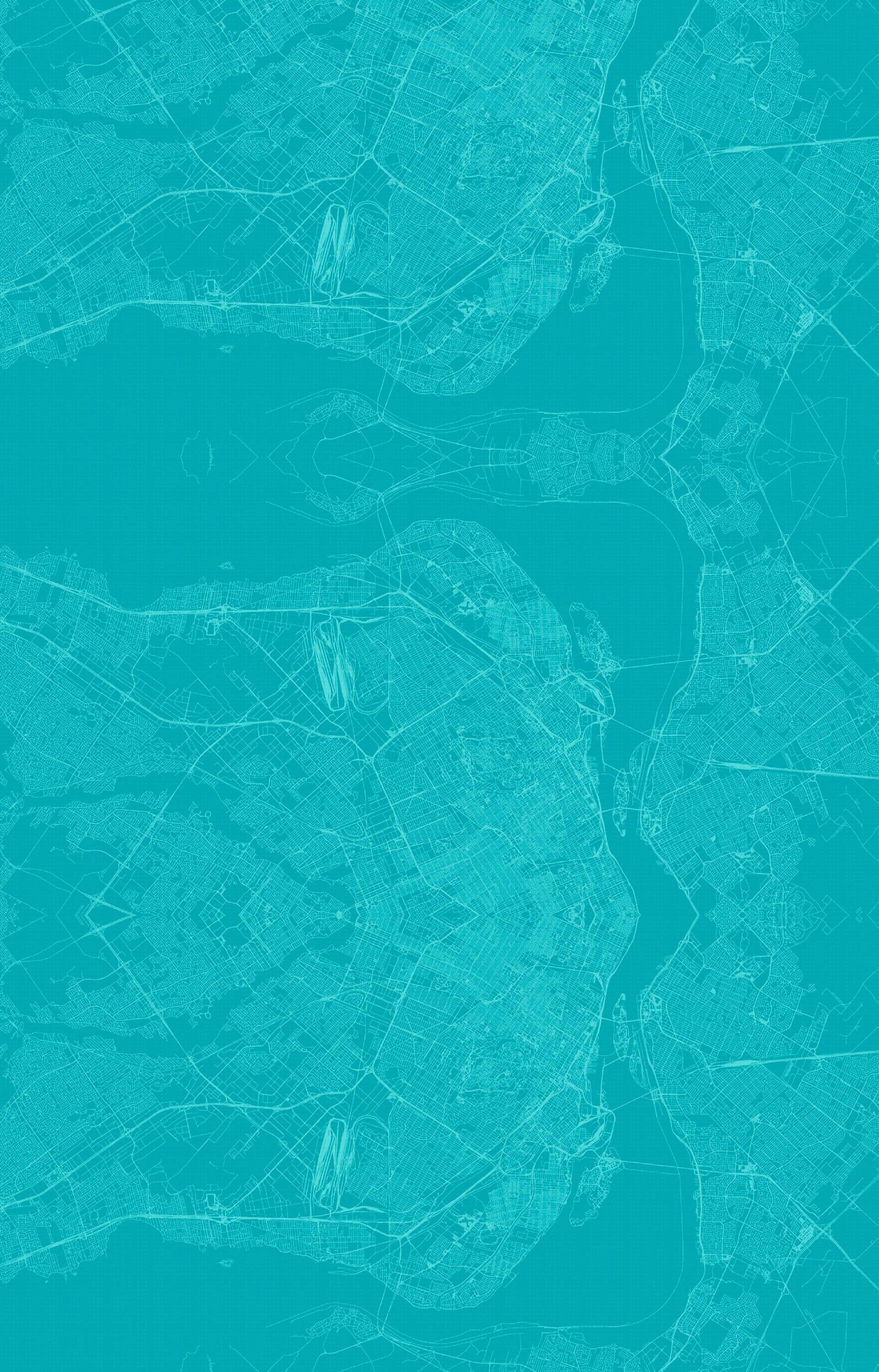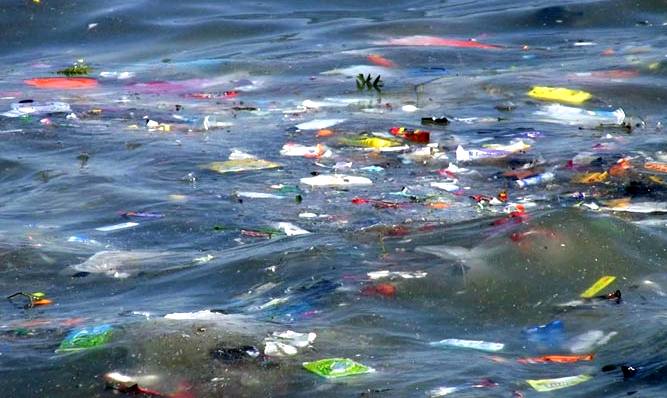
Cleaning Black Sea waters from marine litter in Pomorie
Reducing the marine litter from land-base sources in the target aquatory on the territory of Pomorie municipality united with educated and informed society against pollution.
BACKGROUND
Marine litter is a tremendous problem of sea pollution, affecting humans and animals and contributing to climate change. Solar UV radiation, wind, currents, and other factors segregate bigger plastic bits into microplastics (>5mm) or nano plastics (> 100nm). Apart from sea animals getting entangled or strangled by bigger plastic, they unintentionally eat smaller plastic pieces which cause health issues, short life expectancy, and death. Floating plastic also contributes to the transfer of invasive other species that damage the local ecosystem. Sea animals who ingest plastic are caught and consumed by humans as well. Conversely, humans absorb plastic and suffer from health issues and illnesses.
Therefore local and regional municipalities are obliged to act on reducing further sea pollution to sustain human and animal life, to reduce their effect on climate change, and to keep their region attractive for tourism.
Source: Marine plastic pollution – IUCN
AREA AND ACTORS
The Bulgarian municipality Pomorie, located at the Black Sea, serves this project as a target area for the efficient removal of marine plastic litter. The Pomorie Lake and Aheloy River, which flow into the Black Sea, are covered by project activity as well.
The project management will be implemented by the Pomorie municipality, the Fisheries Local Action Group Pomorie, several contractors, and International Development Norway.
Target groups will be local and regional citizens, municipality workers, and school children. This project proposal completes the measures envisaged in the Marine Strategy for Environmental Protection in the Marine Waters of the Republic of Bulgaria.
THE PROJECT
This project is dedicated to the awareness of seawater pollution with assistance with modern technology.
1. Collection of floating plastic litter by high-tech water drones
The drones will be supplied with additional sensors and will also collect data on the water status of the targeted areas. Follow-up analyses and reports will help develop a system for the prevention of marine waste. The production of drones leaves a zero-emission footprint.
2. Raising awareness for seawater pollution through national campaigns
3. Development and implementation of educational campaigns about sea pollution
This campaign will include municipality workers and school children.
The school students will be between 15 – 19 years old. The training includes information about the causes and effects of sea pollution and initiatives to reduce them. A total of six teachers will be trained in the reuse of collected waste from the surface of the target water area. The training will be carried out according to pre-developed training materials and a schedule coordinated with the curriculum.
International Development Norway will assist the project with knowledge and experiences from Norway provided through a 3-days workshop in Pomorie. Main topics will be:
- Technical and organizational challenges
- Norwegian policies on marine waste
- Norwegian knowledge and solution providers
- Bilateral cooperation opportunities
- Brainstorming/Ideation regarding directions for the solution developed
- Possible business and stakeholder models for scale-up of the solution
- Discussion and sketching of future scenarios to be used in future planning

